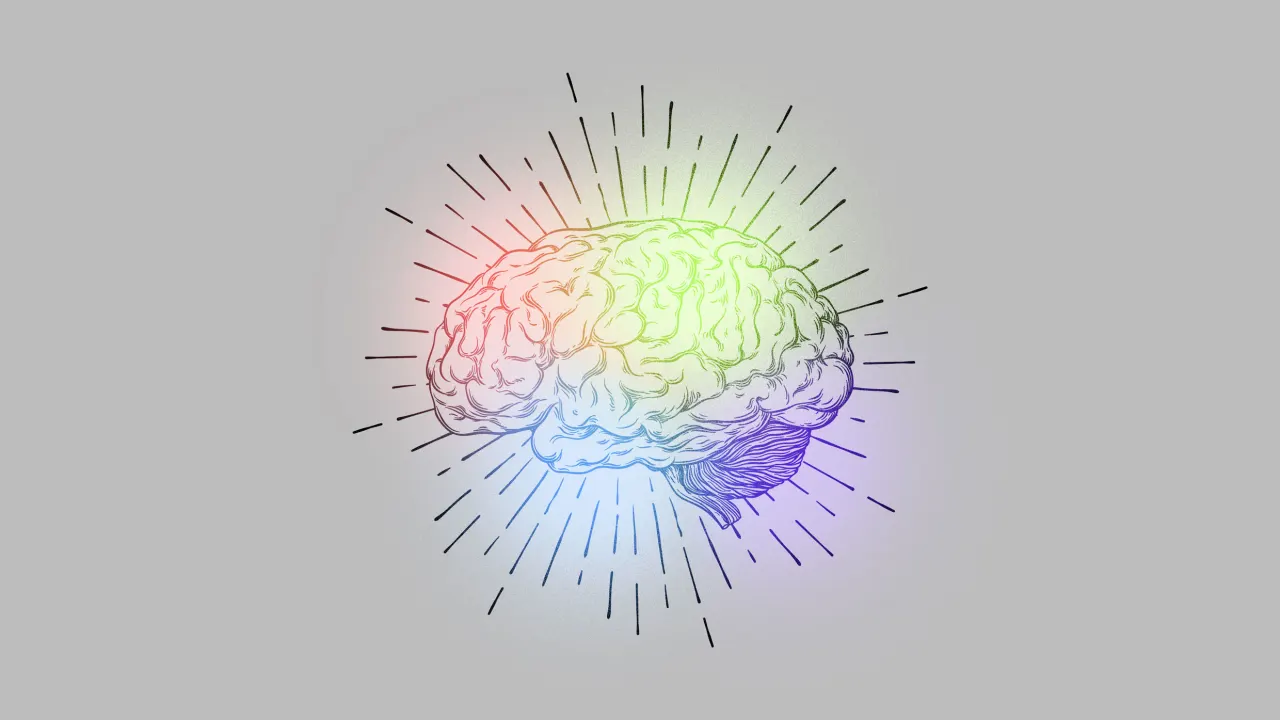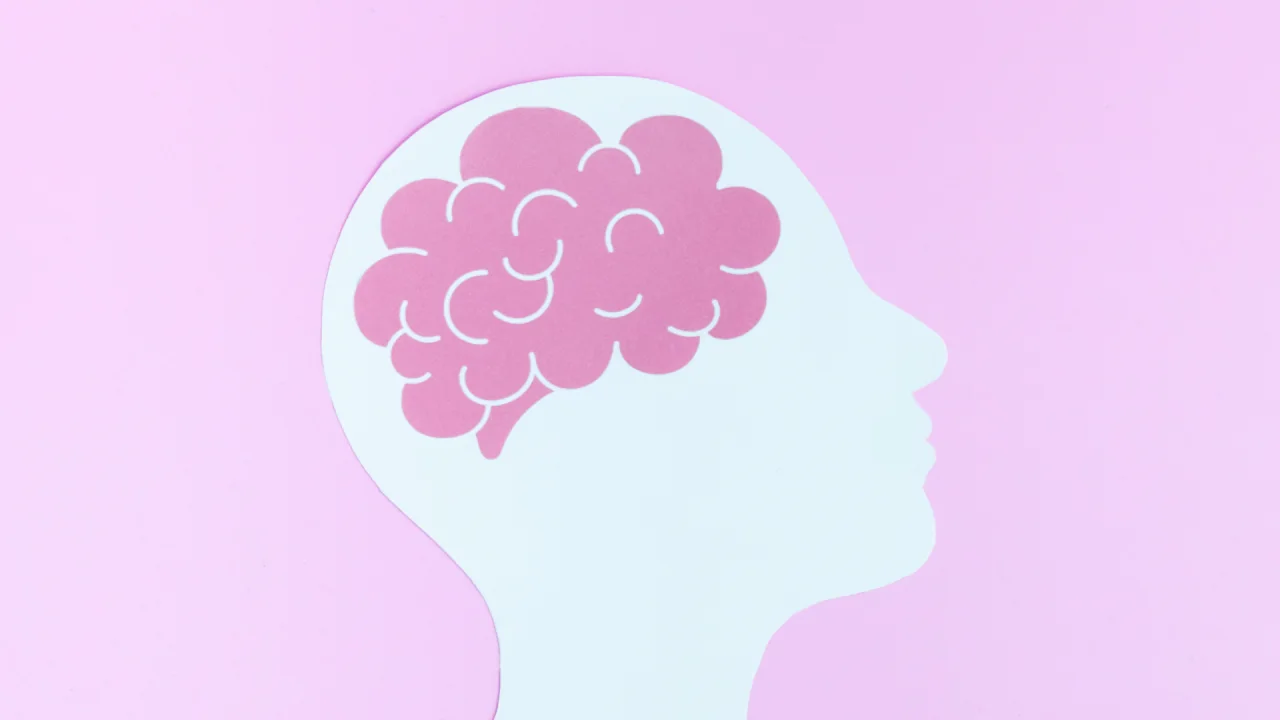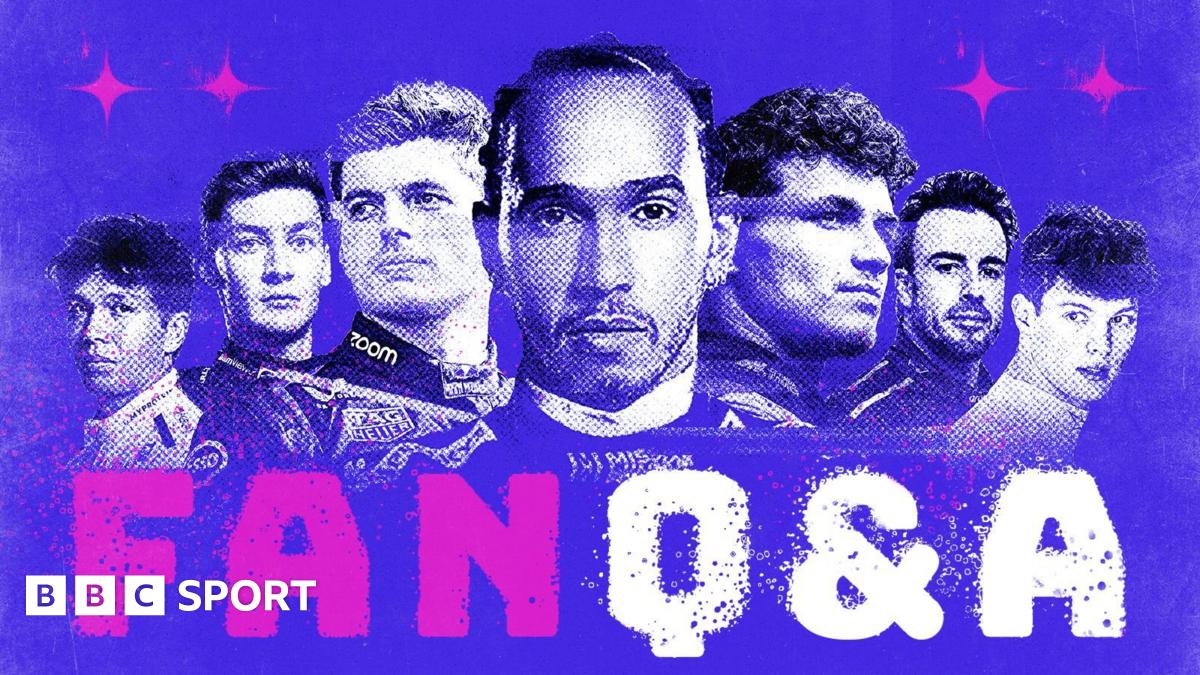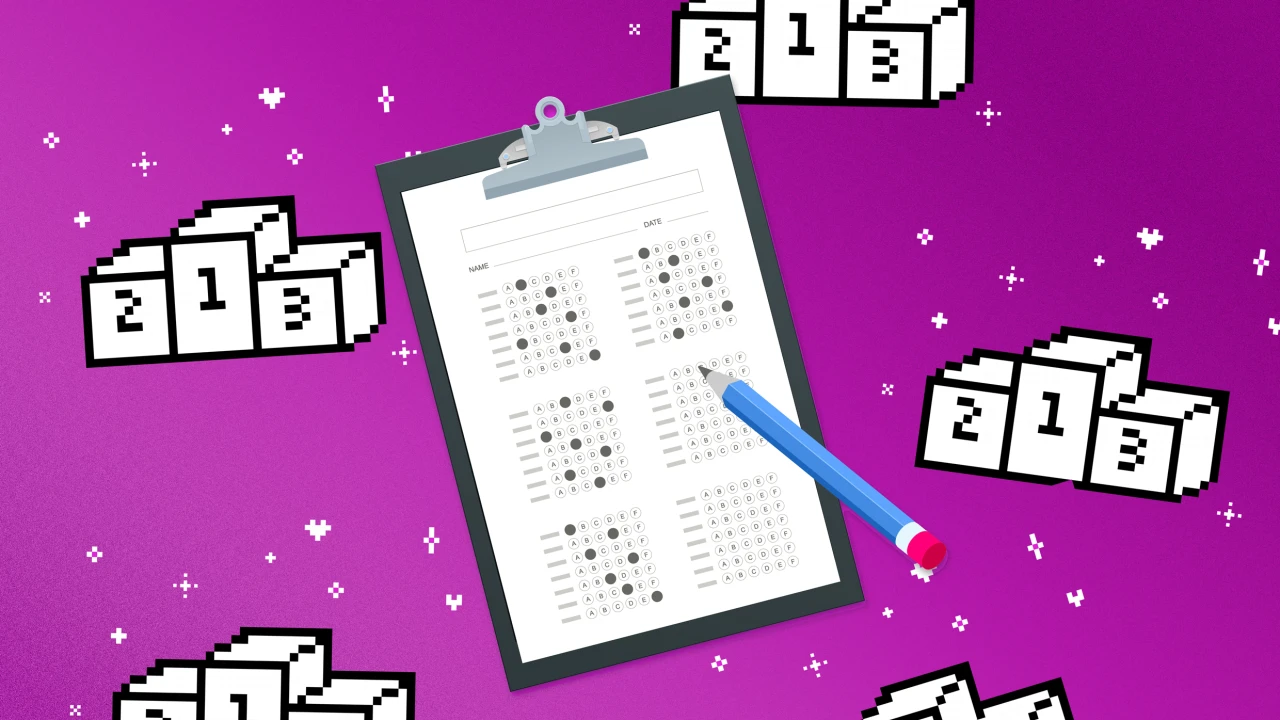Why emotional intelligence is key to developing powerful teams

In our fast, interconnected world, the success of organizations depends not only on sound strategy and technical ability, but on the strength of the human dynamics behind everything. Humans need emotional intelligence to work together successfully. It’s the social lubricant that helps individuals operate more effectively in adverse situations and also helps members of teams understand each other better and work more cohesively as a unit.
The key components of emotional intelligence are self-awareness, self-regulation, motivation, empathy, and social skills. These all factor into helping individuals overcome and navigate social complexities and build strong relationships with diverse groups of people, which facilitates stronger collaboration in the workplace.
Emotional intelligence complements and supports cognitive intelligence, enabling team members to work together more smoothly and cooperatively. It’s what allows team members to build trust and cohesion, without which even the smartest, most skilled teams will struggle to be effective. I delve into this in Emotional Intelligence Game Changers: 101 Simple Ways to Win at Work + Life.
Here are five emotional intelligence game changers that influence a team’s performance.
Enhanced communication
Without effective communication, all teams will struggle to build and maintain momentum. Emotional intelligence helps teams build clarity, openness, and the ability to work with varying ideas from individual team members without divisiveness and conflict.
By building two-way open communication, team members can focus on their tasks without getting bogged down in misunderstandings and one-upmanship. Team members can freely share their ideas without fear of being judged or misunderstood. “Emotional intelligence is the catalyst for psychological safety in teams,” according to Debbie Muno, who is the managing director of Genos North America.
Building trust and camaraderie
Teams work best when members feel a sense of deep connection with each other. It makes them identify and feel pride for being part of the group. Instead of competing with one another, members support and help strengthen each other’s skills and abilities.
This leads to mutual respect and feelings. Emotional intelligence breaks down barriers and supports team members in reaching a place where they feel this way. “Expressing feelings in the right place and time and encouraging others to express themselves leads to authentic, trusted communications and team cohesion,” Muno says.
Increased engagement and motivation
Emotional intelligence is crucial in helping team members build enthusiasm and interdependence with each other. When team members feel a sense of pride for what they achieve, they have the drive to achieve beyond their present level, building increasing momentum. This builds a strong understanding of and belief in the ability of the team to rise above and overcome challenges.
Preventing and resolving conflict
Differences and conflict are inevitable in any group setting where there are diverse viewpoints and personalities. But if members of the team possess a high level of emotional intelligence, they’re better equipped to navigate past all the ego-driven issues and look for solutions.
This requires transparency, open dialogue, and a focus on solutions instead of getting hung up on personal power struggles. If everyone on the team knows how to actively listen, they’re more likely to have empathy and respect for viewpoints that differ from their own. They also know how to make other team members feel heard and respected, even if they don’t end up implementing their ideas. Emotionally intelligent teams are also more likely to move past issues at hand; as they do so, their respect for each other increases, solidifying the belief that they can resolve disagreements positively.
Improved resilience and adaptability
In a rapidly changing workplace environment, being adaptable and flexible is crucial for success. “Responding effectively in stressful situations enables team members to engage and communicate with each other productively,” Muno says.
Teams that are highly emotionally intelligent are confident in their ability to adapt and change rapidly to new situations and environments that arise. They’ve proven their ability to overcome personality issues and bruised egos that are damaging to a team’s effectiveness, so they can focus their attention and energy on the task at hand. And rather than engaging in one-upmanship that occurs in a dysfunctional team, they know how to get the best out of one another to maximize support and collaboration.
What's Your Reaction?
 Like
0
Like
0
 Dislike
0
Dislike
0
 Love
0
Love
0
 Funny
0
Funny
0
 Angry
0
Angry
0
 Sad
0
Sad
0
 Wow
0
Wow
0




























































































